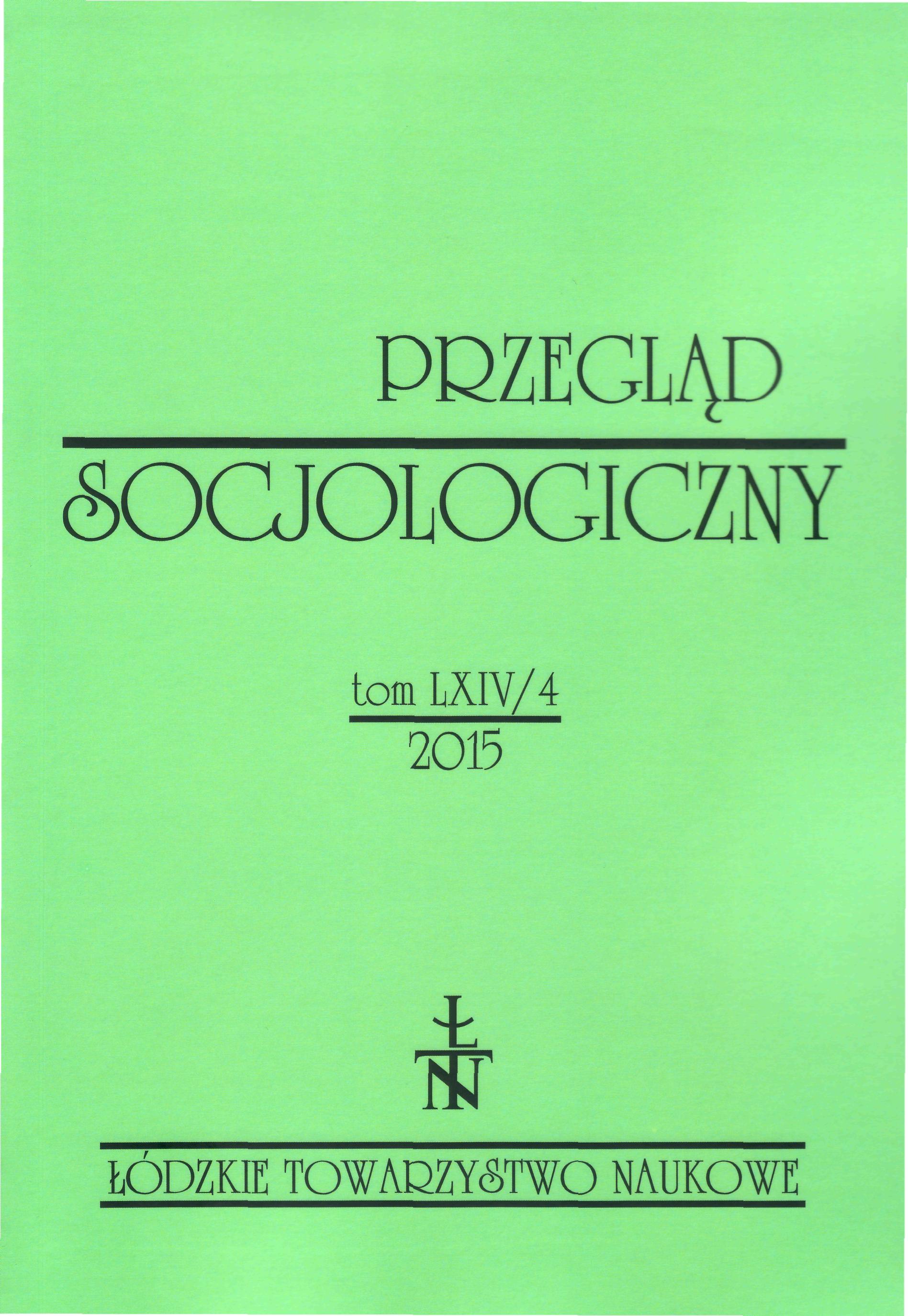Odkrywanie postaw dydaktyków zawartych w komentarzach studenckich. Analiza treści z zastosowaniem słownika klasyfikacyjnego
Exploring Attitudes of Educators Based on Students Comments. Content Analysis Using a Classification Dictionary
Author(s): Krzysztof Tomanek, Grzegorz BrydaSubject(s): Social Sciences, Education
Published by: Łódzkie Towarzystwo Naukowe
Keywords: dictionary – based classification; opinion analysis; text mining; content analysis; mixed methods
Summary/Abstract: The use of knowledge about the semantics and pragmatics of speech and the logic of connections between elements of written statements, in combination with techniques from the Text Mining field, constitutes a new approach in qualitative data analysis. It requires the integration of knowledge from different fields of science i.e. sociology, linguistics, NLP (Natural Language Processing), logic and statistics. As a result of this union is possible to build classification dictionaries that support the process of analysis and knowledge discovery in large text collections. This perspective is derived from the traditional method of content analysis, but is less time-consuming and its solutions can be used in the analysis of contents that have not yet been explored. This article presents three different methodological approaches in the analysis of textual data, based on classification using a dictionary to discover the types of attitudes of academic teachers, as characterized by student’s comments in teacher course evaluations at the Jagiellonian University in Krakow for the period 2008–2013. In this paper we show examples of a students’ comments dictionary-based classification and the results, highlighting the advantages and benefits of applied approaches. Moreover we present basic measures describing the accuracy of such classification and multivariate analysis techniques, such as similarity measures in text analysis, hierarchical cluster analysis and correspondence analysis.
Journal: Przegląd Socjologiczny
- Issue Year: 64/2015
- Issue No: 4
- Page Range: 51-81
- Page Count: 31
- Language: Polish

